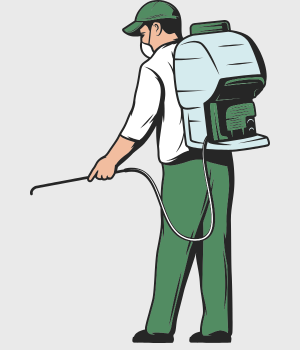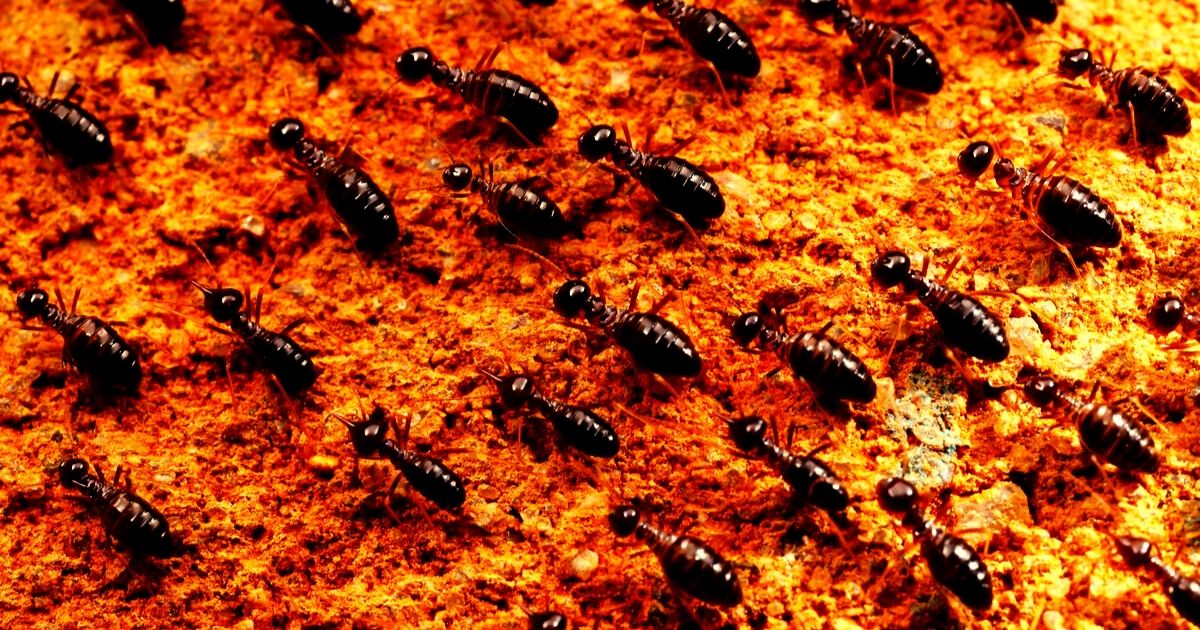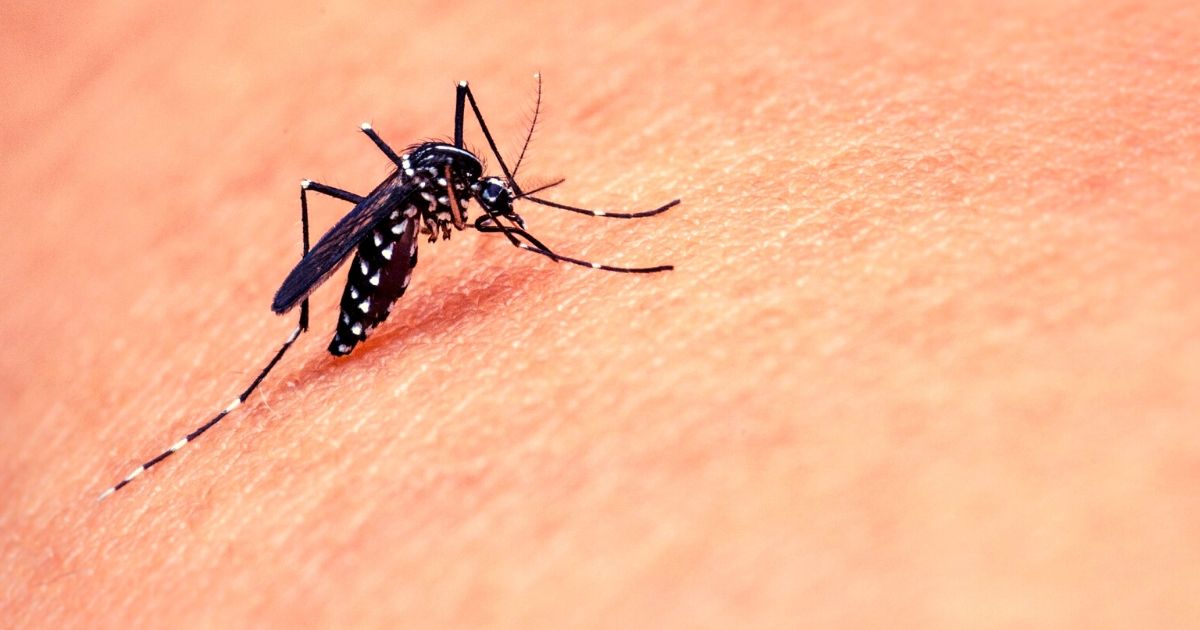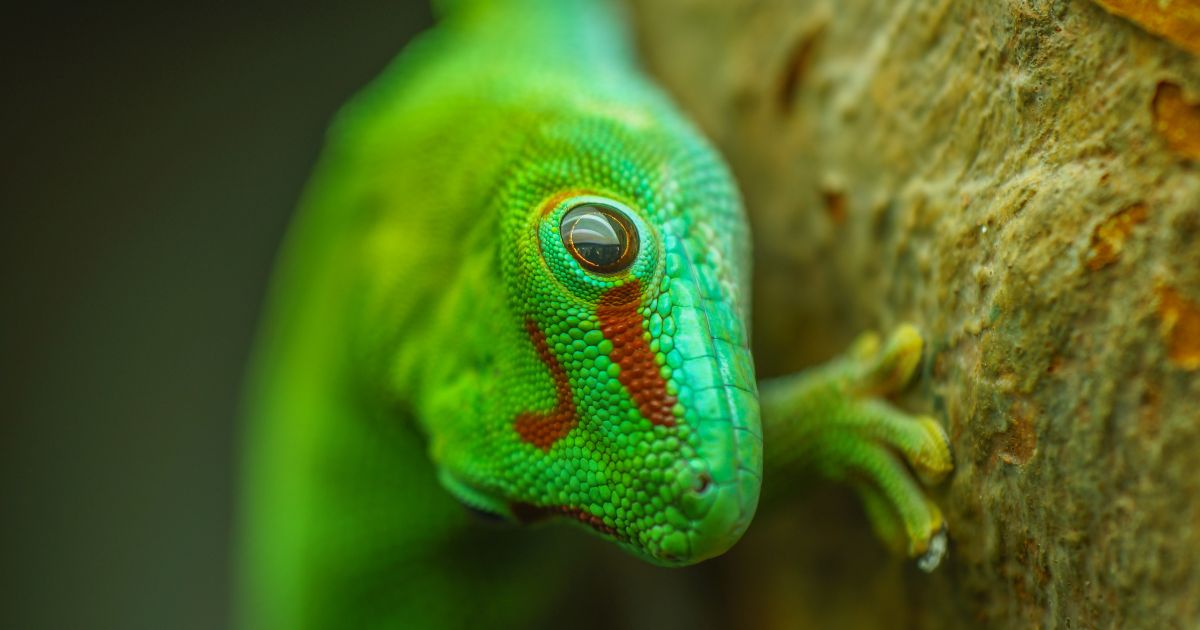How Personal Protective Equipment (PPE) is used in the Pest Control Industry

The job of a Pest Control Officer (PCO) at times, involves more risk than one might assume. In their line of work, they are constantly exposed to chemicals and use equipment that requires a certain level of skill to operate.
Though Killem Pest uses environmentally friendly and target pest specific pesticides that are not harmful to humans, proper health and safety measures still have to be adopted to protect our PCOs.
The use of appropriate Personal Protective Equipment (PPE) is one of the most important measures.
What is PPE?
It is important that all PCOs are equipped with a set of PPE as this protects individuals not only from pesticides but also from work place injuries. Pesticides can come in contact with the PCOs by entering through their eyes, mouth, and skin or by inhalation.
To limit the exposure of these substances, at Killem Pest, our PCOs are adorned with protective gear from head to toe. Its starts with a safety helmet, goggles, ear muffs, respiratory mask, safety gloves and safety boots. They are required to wear long sleeved shirts and trousers during their working hours. They may, from time to time, require additional protective gears depending on the scope of the job assigned. In some cases, our PCOs will be required to wear a bee suit, for protection or a safety harness, when working at height.
Safety Helmet
(Prevents from head injuries due to falling objects and falls)
In an environment where chemicals, falling of unpredictable objects and impacts to the head come into existence, a safety helmet is mandatory. It prevents head injuries and should be worn at all times. During certain services, PCOs may be at places such as construction sites or places with perilous objects.
To maximise the efficacy of a safety helmet, it should be worn the right way. The headband within the safety helmet should be adjusted such that the helmet sits on each individual’s head perfectly. A chin strap should also be used to prevent the helmet from falling off the head.
Safety Goggles
(Protects the eyes and surrounding area from chemicals and unwanted particles)
Every PCO is exposed to pesticides, however little to no level of toxicity they contain. Pesticides are used in various ways, one of which is by using a sprayer or mister. In situations where pesticides have to be sprayed or dispersed, there is a risk of getting these pesticides in contact with the eyes.
Safety goggles prevent this and any other unwanted objects from coming into contact with the eyes and the areas surrounding them. They should be worn tight enough and adjusted to fit each individual perfectly.
Respiratory Mask
(Filters out unwanted particles and limits absorption of pesticide vapours and fumes)
Vital organs can be in risk of damage if the right equipment is not used to protect it. The lungs and the respiratory system are some of the important organs that will need protection in the line of work of a PCO. To limit the absorption of pesticide vapours, fumes and other unwanted particles, a respiratory mask should be worn.
Treatment methods such as fogging use petrol and diesel to function and produce fog. Fogging releases droplets smaller than a hair particle that only affects pests (and within a short range). The mask is however a necessary equipment for the applicators as they are in the closest proximity to the fog and are constantly exposed to the particles.
At Killem Pest, the half-mask respirators and filtration cartridges are issued to the PCOs. The half-masks offer protection and coverage of the nose, mouth and chin area. It is adjustable and has a cushioned fit so that it sits comfortably on the face. The filtration cartridges filter out unwanted particles in the air such that the wearer is able to breath in clean and fresh air. The half-masks also protect the wearer from ingestion of the pesticides.
Ear Muffs
(Noise absorbing pads that protect the ears from excessive noise and foreign objects)
Ear protection in the form of ear muffs is necessary because our PCOs may use equipment that produce high levels of noise as they are affixed with motors. Some of these include foggers, blowers and when carrying out construction soil treatment and drilling. Prolonged periods of exposure to loud noises can damage the ear drums.
Ear muffs should be worn tight enough that it sits comfortably around the top of the head with cushioned pads around the ear and head. The materials absorb the noise and cover the ear from unwanted particles entering. When used together with the safety helmet, the ear muffs are further protected from falling off the head.
Long Sleeved Shirt and Trousers
(Acts as protection for the skin from pests, pesticides and injuries)
PCOs should always wear long sleeved shirts and trousers as they are prone to exposure of pesticides. When their job requires them to spray pesticide especially, wearing fully covered clothing can help with avoiding contact with the skin. They also help to keep pests from biting or attaching themselves to the skin.
Pests such as cockroaches are quick to find ways to escape during extermination.
To avoid contact with cockroaches, PCOs can tuck their pants into their safety boots and sleeves into their safety gloves such that no entity can find its way through the pants openings.
Sometimes the job requires our PCOs to be constantly exposed to the sun for long hours and wearing fully covered clothing helps keep exposure to a minimum. Treatments such as fogging also releases fog that is of oil-based particles and can distribute itself onto the applicator’s skin. In very rare cases, the fogger can explode or catch fire. The long sleeves and trousers in such cases act as a layer of protection from burns.
Safety Gloves
(Protects the hands from pesticide contact and injuries from equipment)
Machines or other equipment are usually used during pest control services but the hands should be protected as there are still risks of contact with pesticides. Especially when preparing chemicals during services, safety gloves should be worn to limit exposure to pesticides. Safety gloves also act as protection against injuries when handling equipment. The use of gloves can be maximised by tucking in the openings into the shirt sleeves as this will leave little to no gap for pests or pesticides to enter.
Safety Boots
(Protects the feet from pesticide spills, falling objects and punctures from below)
This is one of the most essential PPE that all PCOs should have and wear at all times. Safety boots not only protect the feet from falling objects but also protect the sole of the feet from punctures from below. Pesticides are often sprayed and in such cases, limiting the exposure or protection from spills can be achieved by wearing ankle high safety boots.
PCOs are inevitably exposed to pesticides, different equipment and at times, dangerous environments such as construction sites or work at height. Though they can be careful when performing their duties, the best prevention would be to be in their PPE, at all times.

Pest Problem? Let Us Help.
We offer fast and effective precision treatments to eliminate pests while ensuring a safe environment for your home or business.
Frequently Asked Questions
To avoid contact with chemicals, you should wear safety goggles or a full-face shield, a respirator, and gloves. For high-exposure situations, you might also need additional PPE to fully cover your body and skin.
Pest control chemicals can be very toxic: not only they can cause severe irritation to the skin, eyes, mouth, and other parts of your body that get into contact with pesticides but can even be deadly when absorbed through the skin.
Breathing or getting into contact with some toxic pesticides can have serious health consequences, so it is important to protect your face, nose, and mouth during spraying.













